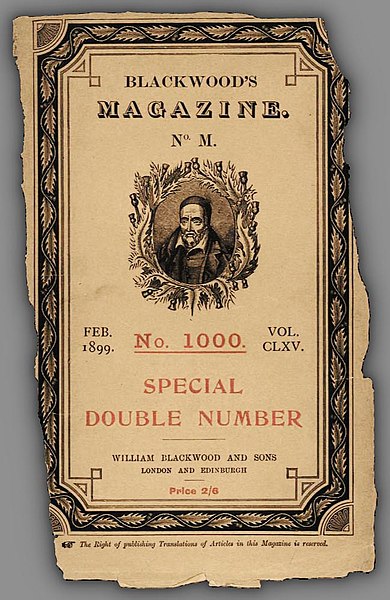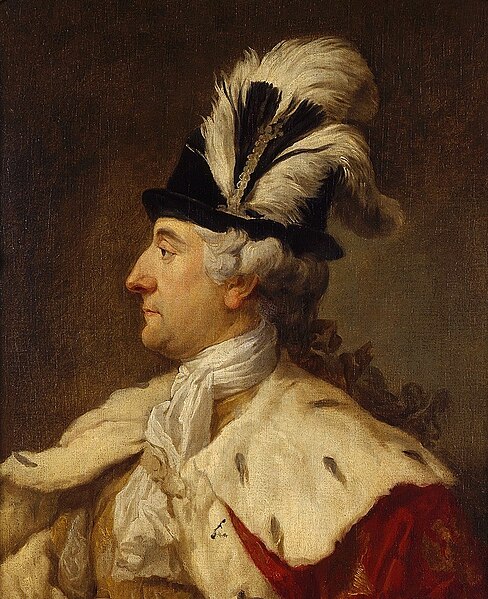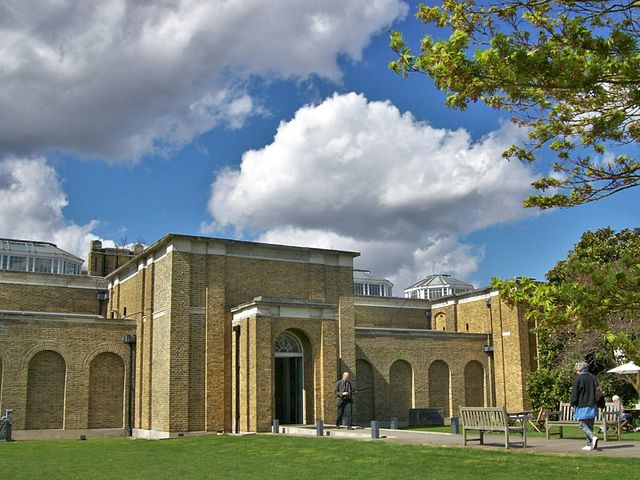Heart of Darkness (1899) is a novella by Polish-English novelist Joseph Conrad in which the sailor Charles Marlow tells his listeners the story of his assignment as steamer captain for a Belgian company in the African interior. The novel is widely regarded as a critique of European colonial rule in Africa, whilst also examining the themes of power dynamics and morality. Although Conrad does not name the river on which most of the narrative takes place, at the time of writing, the Congo Free State—the location of the large and economically important Congo River—was a private colony of Belgium's King Leopold II. Marlow is given a text by Kurtz, an ivory trader working on a trading station far up the river, who has "gone native" and is the object of Marlow's expedition.
Heart of Darkness was first published as a three-part serial story in Blackwood's Magazine.
Belgian river station on the Congo River, 1889
The Roi des Belges ("King of the Belgians"—French), the Belgian riverboat Conrad commanded on the upper Congo, 1889
Arthur Hodister (1847–1892), who Conrad's biographer Norman Sherry has argued served as one of the sources of inspiration for Kurtz
Poles in the United Kingdom
British Poles, alternatively known as Polish British people or Polish Britons, are ethnic Poles who are citizens of the United Kingdom. The term includes people born in the UK who are of Polish descent and Polish-born people who reside in the UK. There are approximately 682,000 people born in Poland residing in the UK. Since the late 20th century, they have become one of the largest ethnic minorities in the country alongside Irish, Indians, Pakistanis, Bangladeshis, Germans, and Chinese. The Polish language is the second-most spoken language in England and the third-most spoken in the UK after English and Welsh. About 1% of the UK population speaks Polish. The Polish population in the UK has increased more than tenfold since 2001.
Poland Street in London's Soho district (2015)
Stanislaus II Augustus, c. 1780 by Marcello Bacciarelli
Dulwich Picture Gallery, where the Polish art collection still remains
Chopin, soon to die, gave concerts in Britain in 1848.








